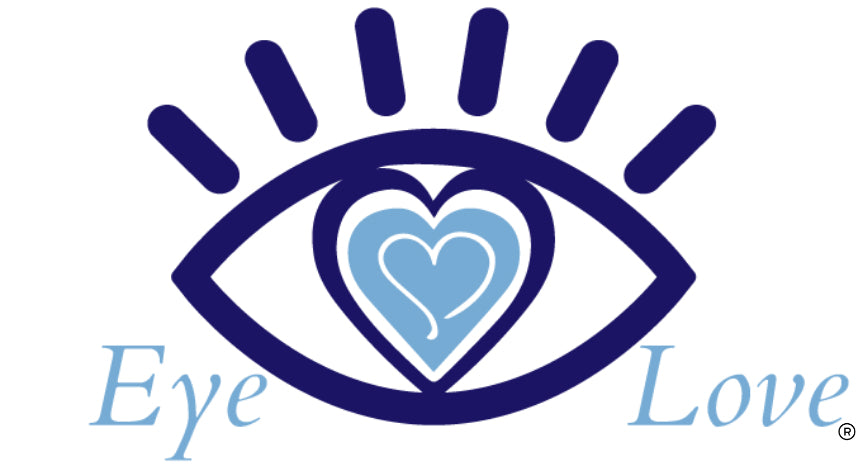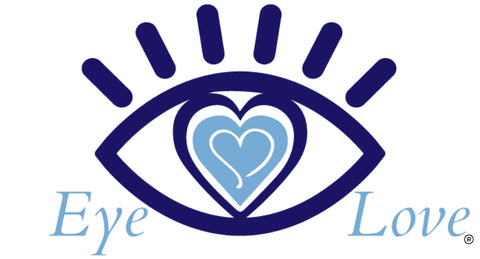Irritated eyes are a common problem that millions of people have to face each year. This problem has recently become more common and one of the most cited reasons for that is the exposure to air pollution and other environmental changes, but changes in diet are also cited as a reason. Whatever the cause may be, there is still something that you can do in order to combat this problem. To effectively do that though, we must first understand what this problem entails.
Why Dry, Irritated Eyes?
This condition mainly happens because of three changes that can take place in your body. The first occurs if the tears that your body is producing change in composition in any way. The tears that your body makes are made up of three distinct ingredients. These ingredients are water, mucus, and oil. If any of these ingredients are affected in any way then you are at a risk of developing dry, irritated eyes.
The second reason why you might develop this is if your tears are evaporating faster than they are being made. There can be a bunch of reasons why that might happen but the most common is because of environmental factors that make it so that your tears evaporate at an alarming rate.
The third reason why you might develop dryness is if your lacrimal glands are affected in any way. That can change how many tears you produce and, if you start producing insufficient tears, you can be at a risk of suffering from irritated eyes.
How to Treat this Condition
There are many possible solutions, and the one that is best for you depends on what the cause is. There is one thing that’s common in all patients with irritated eyes however, and this is that they often have to start relying on artificial tears in order to make sure that their eyes don’t dry out. That’s why so many patients turn to artificial tears and ointments in order to make sure that their eyes are kept moist and thus are able to function normally.
What Is A Lubricant Eye Ointment?
Ointments for the eyes are also called ocular lubricants because they are focused on lubricating your eyes. These solutions are specifically designed to keep the eyes moist. Ointments work so well for those with dryness because they are very effective at coating the front surface of the eye. Ointments are best used at night, for a few reasons we’ll cover later.
Considerations Before Using Eye Ointments
The first thing that you need to keep in mind is that you should absolutely not use eye ointments if you are allergic to any of the ingredients that are used in them. Using one while you are allergic can lead to some dire consequences. The second thing that you should keep in mind is that you should ask your doctor before using any drops for your eyes. Your doctor can correctly guide you towards which ointment is best for you.
You should also make sure to ask the doctor if it is safe to use certain eye ointments while pregnant or while breastfeeding. Normally these ointments do not have an effect when used while pregnant or breastfeeding but it is still better to confirm with your doctor just to be safe. You should also make sure that you wait a while before you perform any visually intensive activities such as driving, because using these medications can cause your vision to get blurry and impair your abilities to properly see. This side effect is super common and is the reason we recommend ointments be used at night.
How to Use Eye Drops or Ointments
The products that we will be detailing in this article take the form of either drops or ointments. Both of them have different methods of use, so here are the steps that you should follow when using either drops or ointments in your eyes.
First of all, you should only use the medications as directed by your doctor or as is detailed on the packaging. If you change the dosage in any way it can have side effects that can be potentially harmful. You should also make sure that your eyes are clear and free of any barriers when using any of these medications. That means taking out any contact lenses that you might wear. You should also wait about 15-20 minutes before you put them back in because certain medications can damage or discolor the lenses and make them less effective.
Always make sure that you don’t touch the tip of the ointment or eye dropper to anything. Never let it touch your eye directly, as that can infect your eye. Store any medications in a cool and dry place, and never freeze them. Keep the bottle or tube tightly closed when you are not using it, and also call your doctor if the medication doesn’t help, or if it makes things worse.
How to Use Eye Drops
Using drops are actually really simple for most people. The first thing that you have to do is to tilt your head back and lower your lower eyelid to make a small pocket where the drops can land and stay. You should then look up and away from the dropper as you drip one single drop into your eye. Then, keep your eyes closed for a couple minutes. Make sure that you press on the inside corners of your eyes so that the liquid doesn’t drain into your tear ducts and out of your eyes too quickly. Use only the amount of drops that your doctor has prescribed. If it is more than one drop then wait at least 5 minutes before dripping a second drop into your eye, if you also have to use any other type of drop, then you should wait at least 5-10 minutes before using them.
How to Use Eye Ointments
Ointments work much in the same way that drops do, with a few differences. You have to tilt your head back and make a pocket in your lower eyelid (you can also look directly into a mirror for this). Drip the ointment into the pocket of your lower eyelid, and close your eye. Wipe away any excess ointment that comes out of the eye. Keep your eyes closed for a couple of minutes in order to make sure that the ointment spreads around. Blink a few times if it seems to be having trouble coating the eyes.
Side Effects of Using Eye Ointments
There are some common side effects that can happen if you use eye ointments. These side effects include:
- Burning or irritation in the eyes
- Itching or redness in the eyes
- Sudden onset of tears
- Blurred vision
- A bad taste in your mouth
- Excess ointment or debris on your eyelashes
- Other side effects are also possible. For a full list it is best to contact your doctor, and please do so if you notice any more serious side effetcs than those mentioned above.
7 Best Eye Ointments for Nighttime
Nighttime is the best time to use these ointments because your eyes will be closed to allow for healing. Here are the 7 best eye ointments to use during the night:
Retaine PM is a great ointment and is best suited for making sure that your eyes are kept as moist as possible. Keep in mind that this is to be used as an ointment, not as eye drops. The common side effects of this medication include:
- Blurred vision
- Burning
- Stinging
- Irritation
Serious Side Effects:
These rarer but more serious side effects can also happen. Contact your doctor if these happen:
- Pain in the eyes
- Changes in vision
- Continued redness in the eyes
Muro 128 Ointment is generically known as Sodium Chloride and is designed to reduce swelling in the corneas that may happen because of certain corneal conditions, abrasions, and erosions, among other things. This product is recommended to be used under the direction of a doctor, so try to get a prescription before using this product. The common side effects of this product include discomfort, burning, or redness in the eyes, it can also cause blurred vision for a short amount of time. This is not your regular eye ointment, and it should be used in cases where corneal swelling is an issue.
This medication is different from the rest as it belongs to the corticosteroids family, which means that you will need a doctor’s prescription in order to get them and use them. While using these it is important to note that you cannot use contact lenses as they can affect how the medication reacts. These drops have preservatives which is why they can affect how the medication reacts with contact lenses. The side effects of this medication include:
- Temporary blurred vision
- Stinging and burning sensation in the eyes
- Increased intraocular pressure
- Natural lens opacities
We know this is not an ointment, but this medication is best used for hydrating eyes and restoring the natural salt balance that exists in the eyes. This product is meant to be used for fighting dryness, irritation in the eyes, itching in the eyes, burning in the eyes, and also the feeling of some debris being in your eyes. The side effects of this medication include redness of the eyes, slight irritation, and excess tearing.
Soothe Nighttime Therapy is available in any drugstore and this product is designed to support your eye health while you sleep. The side effects of this medication may include:
- Temporary blurred vision
- Stinging in the eyes
- Burning in the eyes
- Irritation in the eyes
This medication is used to moistening the eyes while you sleep. These drops can also help when dealing with injury and infection in the eyes, although they are not a replacement for antibiotics or prescribed medications. This medication is preservative and lanolin free, with active ingredients of mineral oil and white petrolatum. The side effects of this medication include:
- Minor temporary blurriness
- Minor stinging, burning, and irritation in the eyes
Another common option, this ointment can be used to moisturize your eyes and soothe the burning and irritation caused because of this condition. This medication is made up of mineral oil and white petrolatum. While it’s not the most natural of options, it is an option. Common side effects of this medication include:
- Temporary blurred vision
- Burning, stinging, or irritation in the eyes
- Minor eye pain
We, Eye Love, LLC, are a participant in the Amazon Services LLC Associates Program, an affiliate advertising program designed to provide a means for us to earn fees by linking to Amazon.com and affiliated sites. MediViz and Heyedrate branded products are made by our company, Eye Love, but we truly believe that our products are the best on the market! It is important to know that our products are not intended to diagnose, treat, cure, or prevent any disease.












